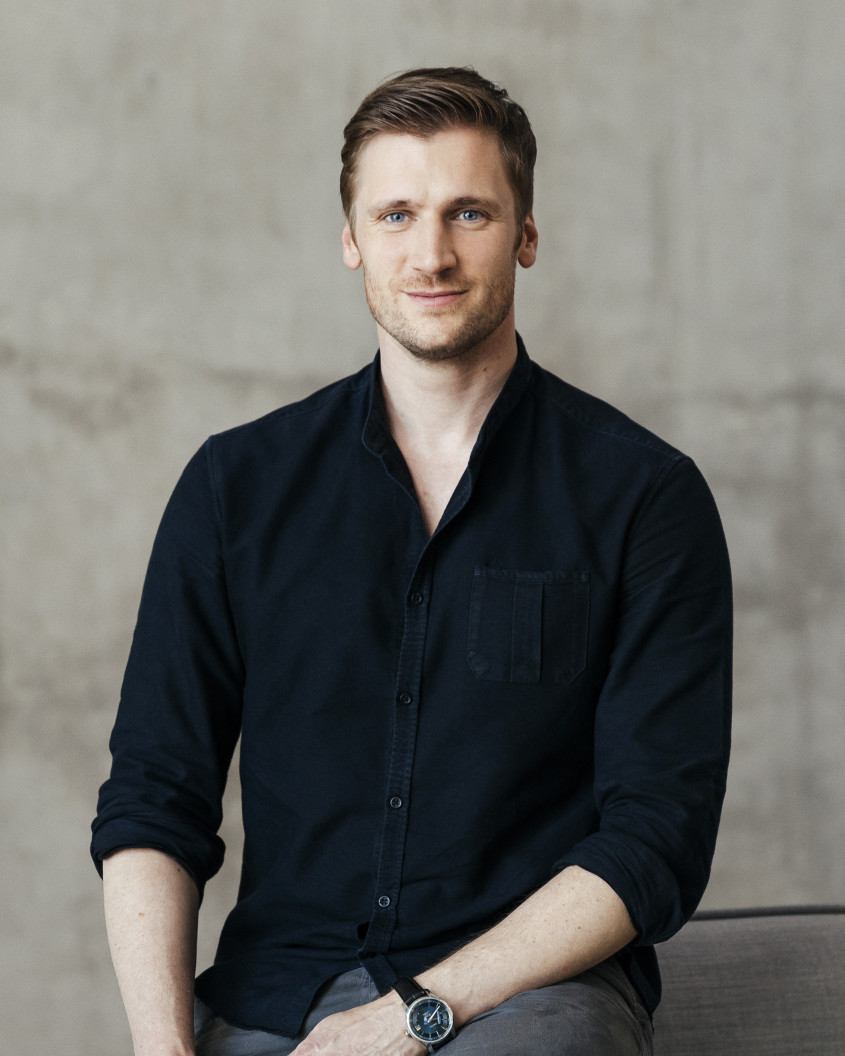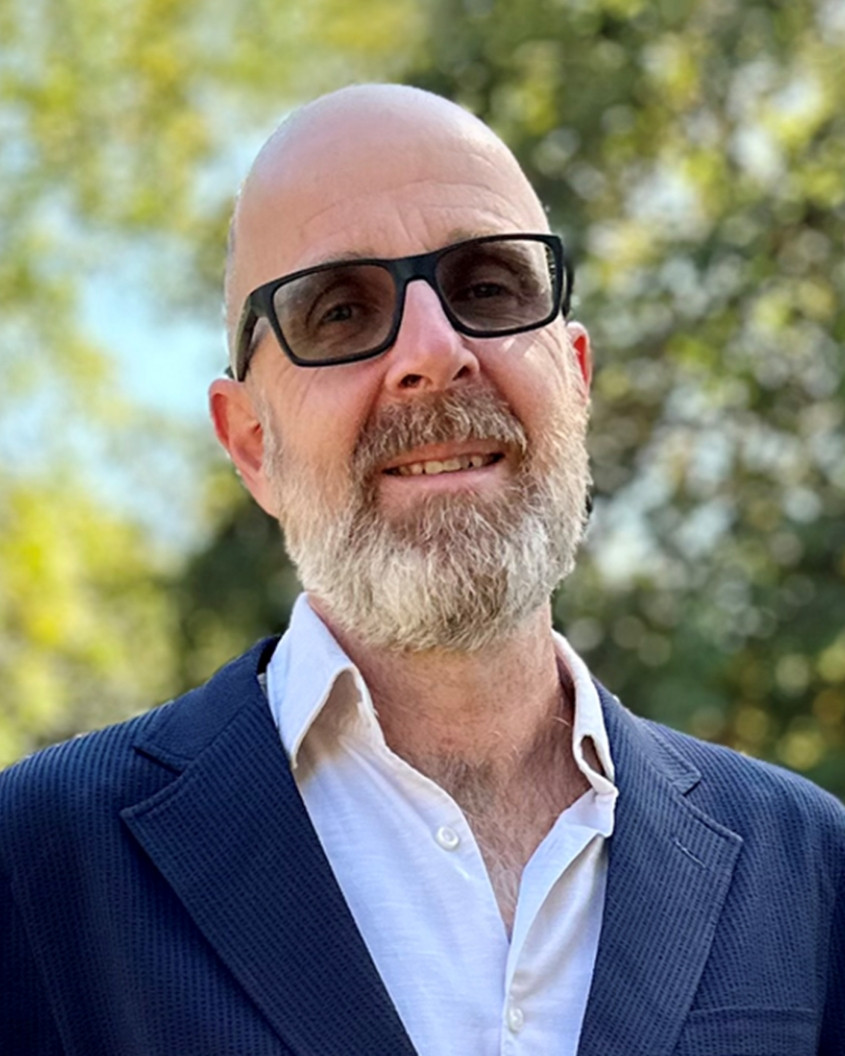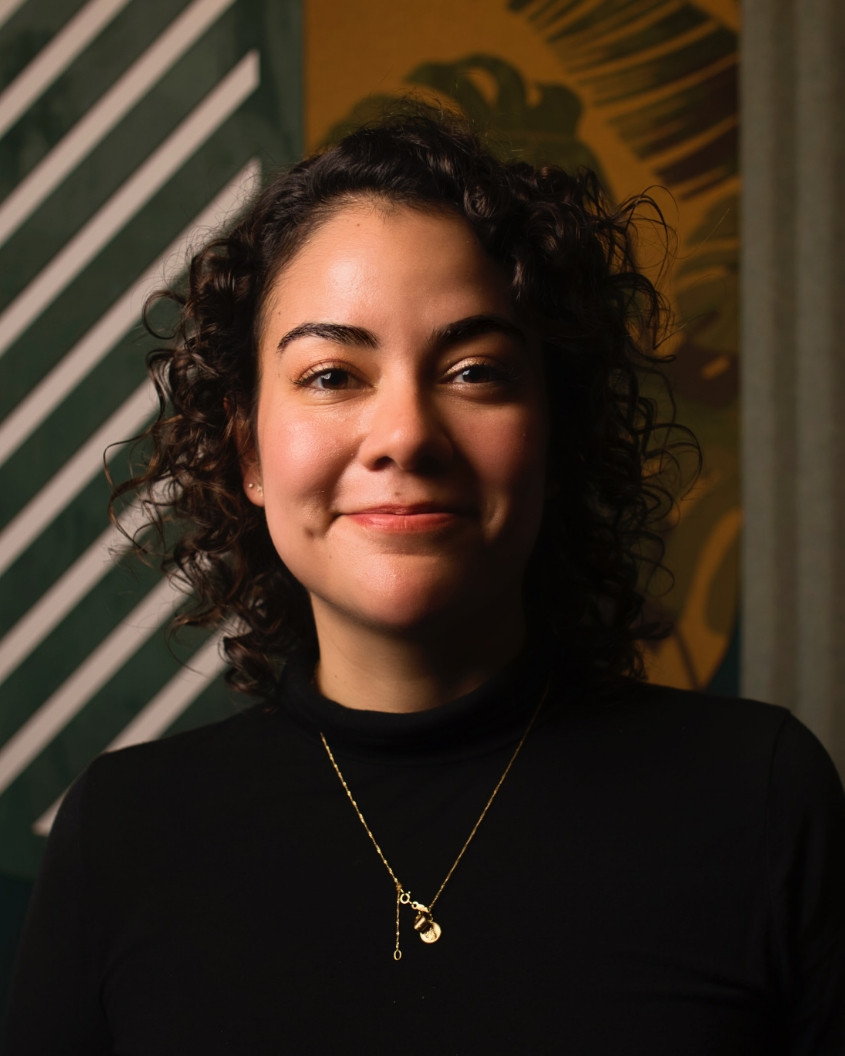Sustainability Progress Report 2023
Sustainability Progress Report 2023
Download full report
Facts and figures
In 2019, we described a vision that would underpin the do.MORE strategy: to be a sustainable fashion platform with a net-positive impact for people and the planet. We want to give back more than we take, and we pursue this vision across the three interrelated sustainability pillars of planet, products, and people.
Our commitment extends beyond our own operations; we aim to shape the fashion industry through knowledge sharing and collaborative partnerships. The successes on our journey stems from partnerships with brands, customer input, and collaboration with industry groups and NGOs. Their guidance steers our future, upholds standards, and inspires us.


Addressing climate change depends on deep collaboration with peers and partners (including packaging, logistics, brands, and other supply chain partners) both in and outside our industry. As industry-related initiatives and expectations for transparency proliferate, we must communicate clearly with our partners and provide support to enable science-aligned climate action.
Our commitments
- By 2025, we have achieved our science-based targets to reduce greenhouse gas (GHG) emissions, including an 80% reduction in emissions from our own operations compared to 2017.1,2
- By 2023, we design our packaging to minimize waste and keep materials in use, specifically eliminating single-use plastics.
1 This target has a timeframe beyond 2023 because science-based targets (SBTs) must cover a minimum of five years and a maximum of 15 years from the date the target is submitted to the SBTi for an official validation.
2 Throughout this report, the phrase “by 2025” should be read as “by December 31, 2025”.
78%
Since 2017 we have reduced Scope 1 and Scope 2 greenhouse gas emissions by 78%.
82%
Of the 52,000t packaging materials we used, 82% stemmed from recycled input and 99% was recyclable.
26%
reduction to 7.4g of single-use plastics packaging per item shipped since 2020.
Our progress
- A total of 12 supply chain partners (Tier 1 & 2) completed year one of our Facility Improvement Program (FIP) in 2023, developing and signing off on action plans to reduce their GHG emissions by investing in energy efficiency and renewable energy (onsite thermal energy and on/offsite renewable electricity).
- We continuously engaged with our packaging and last-mile delivery partners to support them in setting their own emissions reduction targets in line with the SBTi criteria. Brand, packaging and last-mile delivery partners accounting for around 64.8% of our 2023 supplier-related emissions set science-based targets. SBTs have already been introduced as a hard criterion in all contractual negotiations with our packaging suppliers.
- Zalando’s work around packaging has evolved from a supply concern to an area of innovation for the entire business. Although we were unable to meet our target of completely eliminating single use plastic, we made important progress, e.g. by eliminating the use of void fill in our Fashion Store and thereby avoiding approximately 153 metric tons of plastic waste in 2023.
- We also initiated a transition to polybags with 100% post-consumer recycled content3 achieving 52% of our procured volume. We aim to complete this transition in 2024.
3 We define a packaging material as a "monomaterial" if it constitutes 95–100% of the packaging by weight. In this case, considering that low-density polyethylene (LDPE) makes up 95% or more of the packaging, with the remaining < 5% being additives, we consider it 100% Post-Consumer Recycled (PCR). This definition aligns with the German Packaging Act (VerpackG), which stipulates that monomaterials must consist of at least 95% of one main material.

Our customers expect transparent and credible sustainability-related information about the products they buy. We want to not only meet that expectation but go further, to empower consumers with awareness and availability, and to help create a transformative and more circular fashion ecosystem. This involves, for example, incorporating lower-impact materials, reusing and repairing products, minimizing waste, and improving recycling infrastructure.
Our commitments
- By 2023, we generate 25% of our Gross Merchandise Volume (GMV) from products with sustainability-related attributes.4
- By 2023, we apply the principles of circularity and extend the life of at least 50 million fashion products.
4 This target formulation was updated in 2023 to be more specific and in line with anti-greenwashing guidance. The underlying definition and data collection remains the same.
6.3m
Since 2020, we have extended the life of more than 6.3 million fashion products.
10.5%
In 2023, our assortment of products with sustainability-related attributes accounted for 10.5% of our GMV. Around 43% of our Fashion Store customers purchased one or more items with a sustainability-related attribute.
84%
In 2023 our GMV from private label products with at least one sustainability-related attribute among private labels reached 84%
Our progress
- By implementing stricter data requirements we were unable to meet our original goal and saw a reduction of our assortment of products with sustainability-related attributes from 180,000 to 108,000 items. However, we raised the bar on product sustainability data quality and increased the level of detail and transparency shown to customers.
- We did not meet our highly ambitious target of extending the life of 50 million products. Scaling circularity remains a challenge for the industry and will require an ecosystem of partners, infrastructure, supportive legislation, and increasing investments. In 2023, we provided Ambercycle and Infinited Fiber Company with follow-on investments to support innovation focused on collection, sorting, and recycling.
- We continued to promote reuse via our assortment of about 270,000 Pre-owned products, available to Zalando customers across 13 markets as well as in 10 of our outlet stores. We also made significant strides in improving efficiencies of our operations and unit economics.

We want to ensure that our business creates a positive impact and does not take advantage of workers and affected communities along our value chain. We also want to prepare the workforce of our value chain for evolving business needs through continuous learning, improved communication, and targeted upskilling. As industries transform, we invest in our workforce's future, maintaining our commitment to progress, positive impact, and ethical practices.
Our commitments
- By 2023, we have continuously increased our ethical standards and only work with partners who align with them.5
- By 2023, we have supported 10,000 people in the workforce by providing skilling opportunities that match future work requirements.6
5 When we originally formulated this goal, “partner” referred to all contractual partners supplying goods or services, including brand partners selling only through our Partner Program. In the following text, however, we will now – in the context of regulatory developments, namely the German Supply Chain Act – differentiate between “direct suppliers”, i.e. contractual partners supplying goods or services, and “partner”, i.e. indirect suppliers or brand partners selling only through our Partner Program.
6 Includes Zalando SE and Zalando group employees and supply chain workers at private labels.
213
In 2023, we evaluated 213 audit reports from private label suppliers.
250
Over 250 private label employees have taken a Living Wages training, including buyers and upper managers.
9,925
Since 2020, we have provided skilling opportunities to 9,925 people.
Our progress
- While we can confidently say that we have continuously reviewed and increased our ethical standards since 2019, it is impossible to be completely certain that these are always fulfilled. However, we are confident that the due diligence system we’ve built helps us prevent, identify, manage, and remediate potential violations of our standards. This work will never be “done” and will require continuous re-evaluation and adaptation.
- In 2023 we increased awareness of our updated grievance mechanism, the SpeakUp tool, for anyone wishing to report a possible infringement of protected rights within our supply chain.
- We improved remediation processes for any unethical activities of suppliers and created a decision-making body to involve and enable different business units in the follow-ups.
- In 2023, we continued our partnerships with Shimmy Technologies and RISE (Reimagining Industry to Support Equality, previously called BSR’s HERproject), we expanded our efforts into the upstream supply chain, providing additional training for 3,904 people across four factories in Bangladesh.
The path ahead
The goals laid out in the do.MORE strategy — apart from our science-based targets — were scheduled to be achieved by the end of 2023. While we fell short of many do.MORE targets, we still view our efforts as a success for the business. They transformed our perspective on several sustainability aspects and provided invaluable lessons that will underpin our evolving strategy, which will involve a deeper integration of sustainability and overall business decision-making.
Download full report



